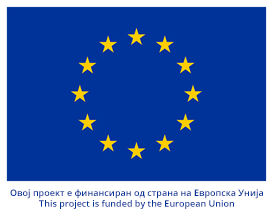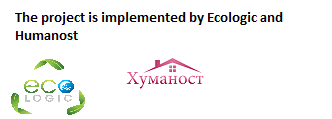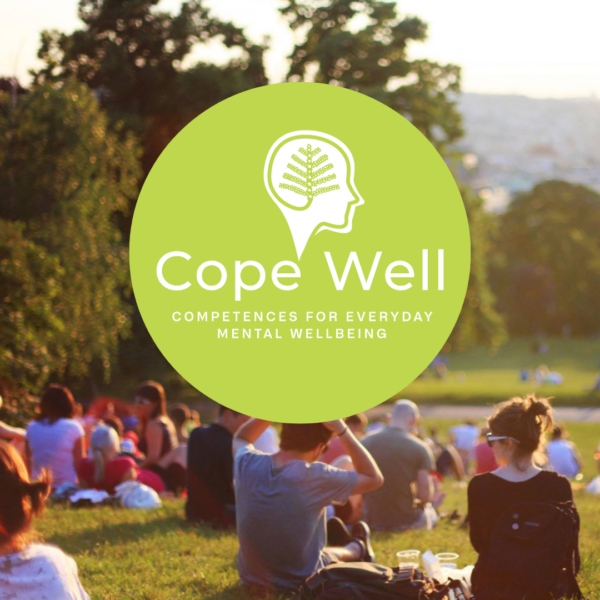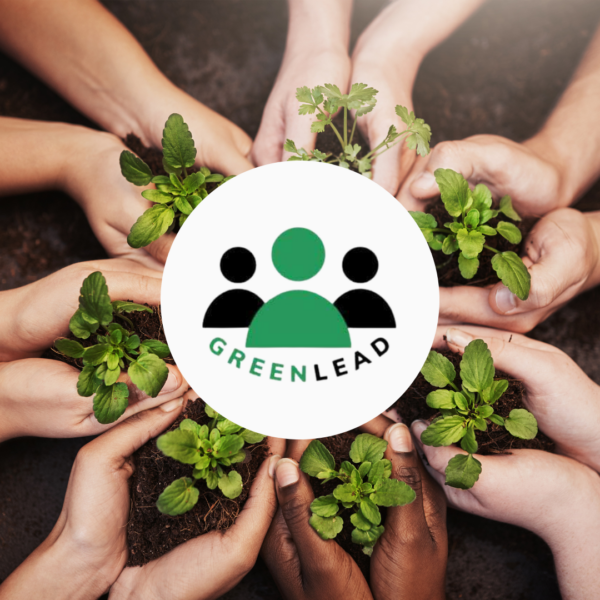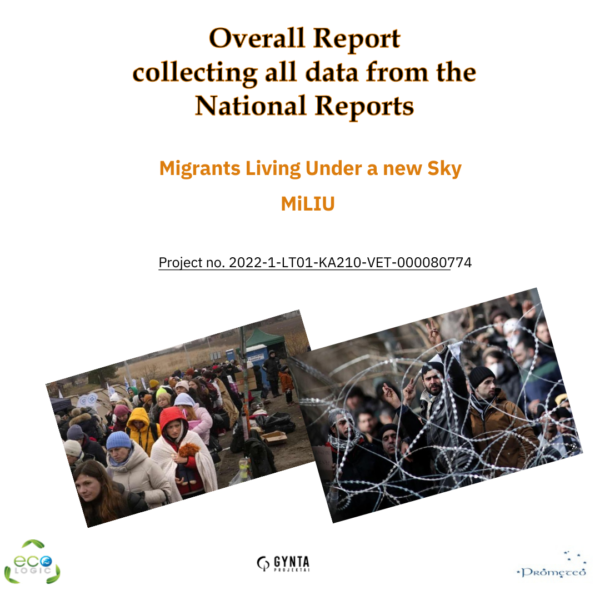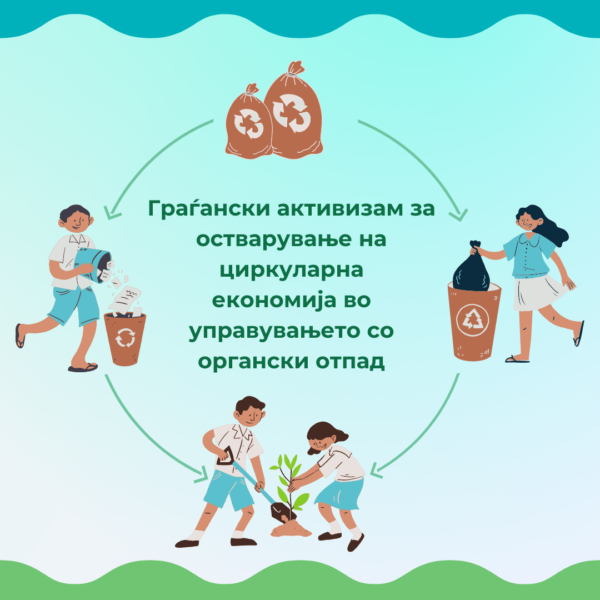Organization implementers of the project
The organization “Eco Logic” and the organization “Humanost” in the period of 18 months, starting from December 19, started the implementation of the project “Inclusive Labor Market for Sustainable Community Development”, financed by the European Union through the Sector for Central Financing and Contracting (CFCD) within the Ministry of Finance of the Republic of Macedonia.
“Eco Logic” works in the field of informal education, with an emphasis on the topics of ecology and sustainable development. The organization has implemented various projects through which children, youth and adults have gained additional knowledge on the above topics. In the project “Eco Logic” is in the role of coordinator organization.
“Humanost” is a pioneer in Macedonia in providing care for the elderly people. Humаnost has so far realized several projects, as well as two verified programs for nursing care for elderly people. This organization is in the role of a partner organization.
Eco Logik and Humanity are organizations that in June 2017 received start up grants for starting social entrepreneurship, which is an added value for the efforts of the two organizations for the development of social entrepreneurship, developing new profiles for employment of young and long-term unemployed.
Description of the action
The proposed action will focus on two different professions through creation of two new vocational education and training programs, and will complement in one existing vocational education and training program by combining two components, assisting the elderly at home and sustaining in homes. The topics targeted for the action are for the same target group, young unemployed people, men and women, including young people from marginalized groups.
Project objectives
Overall goal:
Improving the state guidelines and policies related to youth unemployment, social services and entrepreneurship, and giving directions for their approximation to the current related EU guidelines and policies, through the realization of key dialogue with political actors, civil society organizations, business community and others.
Specific objectives:
Goal 1: Involving civil society organizations in the process of creating guidelines and policies, as well as improving and proposing reforms in priority sectors of topics of non-institutional care and social services for the elderly, as well as sustainability and the environment.
Goal 2: Harmonize the skills of young people with the needs of the labor market, in line with the best practices available in the EU.
Goal 3: Launch a key dialogue with political actors, the business community and civil society organizations to determine their role in enabling sustainability and inclusion through an innovative and participatory approach.
Goal 4: Provide more attractive education and training programs by creating and using ICT-based methodologies that will lead to improvement of the processes of recognition and validation of competences and skills.

